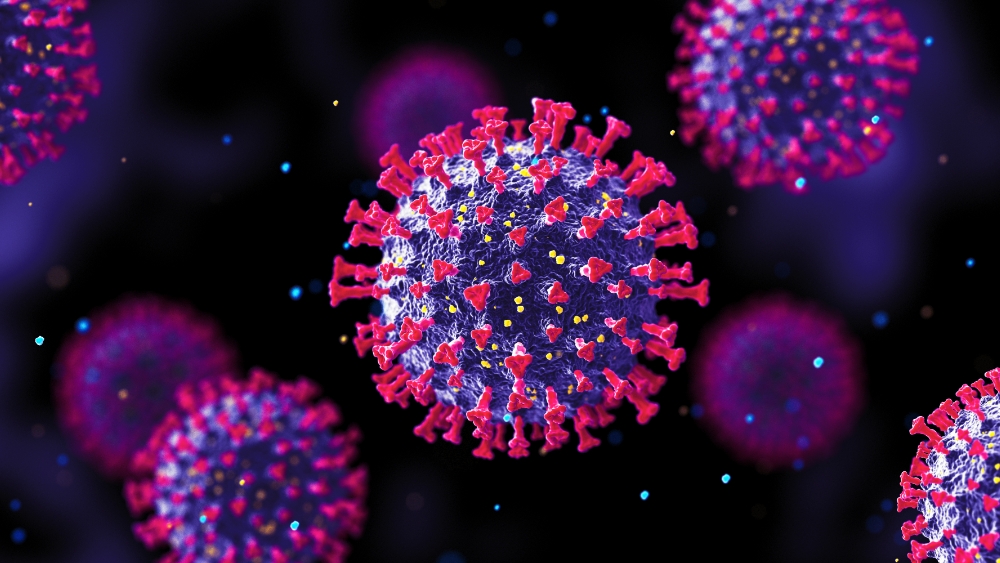
A long-term study of children’s health after COVID-19 infection has enrolled its first participants at the NIH Clinical Center in Maryland.

A long-term study of children’s health after COVID-19 infection has enrolled its first participants at the NIH Clinical Center in Maryland.
What you need to know
As of November 2021, more than 6 million children in the United States have tested positive for COVID-19. SARS-CoV-2, the virus that causes COVID-19, affects children and adults differently. Children usually have mild or no symptoms of infection, but some can develop severe symptoms or a life-threatening inflammatory condition called multisystem inflammatory syndrome in children, or MIS-C. And COVID-19 may have subtler long-term effects on children that scientists do not yet know.
To better understand COVID-19’s impact on children, a long-term study supported by NIH’s REsearching COVID to Enhance Recovery (RECOVER) Initiative will follow up to 1,000 children who had previously tested positive for COVID-19 over 3 years. Researchers will monitor the participants’ health to build a thorough picture of COVID-19’s long-term impacts on children.
What are researchers doing?
Researchers have started recruiting participants age 21 and younger (with the consent of their parents or guardians if needed) who had previously tested positive for COVID-19 even if they didn’t experience symptoms. Each participant will undergo a physical exam, including scans of their heart and other organs, and share their medical history with the research team. Participants will also have the option to have a genetic analysis.
Participants who join the study within 12 weeks of having COVID-19 will have follow-up appointments at 3 and 6 months after their initial visit and every 6 months after that. Those who join more than 12 weeks after having COVID-19 will have follow-up appointments every 6 months. Each participant will continue these follow-up appointments for 3 years.
By the end of the overall study, which will last an estimated 6 years, researchers expect to have a detailed understanding of the factors that affect a child’s risk of severe COVID-19 and the long-term changes in health that can follow pediatric COVID-19 infection.
Participants will be recruited by the NIH Clinical Center and Children’s National Hospital. The study is supported by the National Institute of Allergy and Infectious Diseases (NIAID).
Why is this important?
In February 2021, NIH launched the RECOVER Initiative to better understand the long-term effects of COVID-19. RECOVER is a nationwide collaborative effort with inclusiveness at its core — and that extends to children as well. By researching how children are affected by COVID-19 over a period of years, RECOVER will deepen the scientific community’s understanding of the pandemic’s current and future impact on public health.
Where can I go to learn more?
Pediatric COVID-19 and MIS-C Long-term Follow-up
-
A new study supported by NIAID looks at the long-term effects of COVID-19 in children and young adults.
NIH Effort Seeks to Understand MIS-C, Range of SARS-CoV-2 Effects on Children
-
NIH begins a research program focused on multisystem inflammatory syndrome in children affected by COVID-19.
-
The Eunice Kennedy Shriver National Institute of Child Health and Human Development provides an overview of ongoing research on COVID-19 in children.
Sources
National Institutes of Health. (2021). Long-term study of children with COVID-19 begins. Accessed December 16, 2021, from https://www.nih.gov/news-events/news-releases/long-term-study-children-covid-19-begins

News and Stories
Read stories about the efforts underway to prevent, detect, and treat COVID-19 and its effects on our health.
 An official website of the United States government
An official website of the United States government

